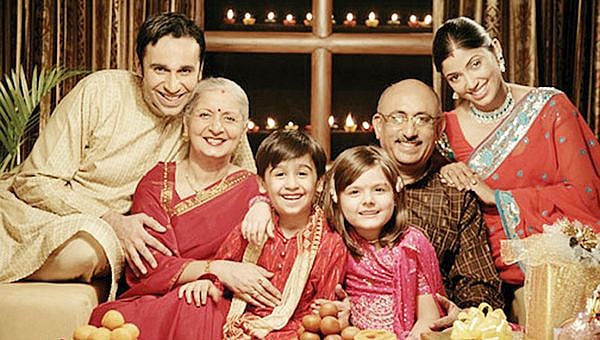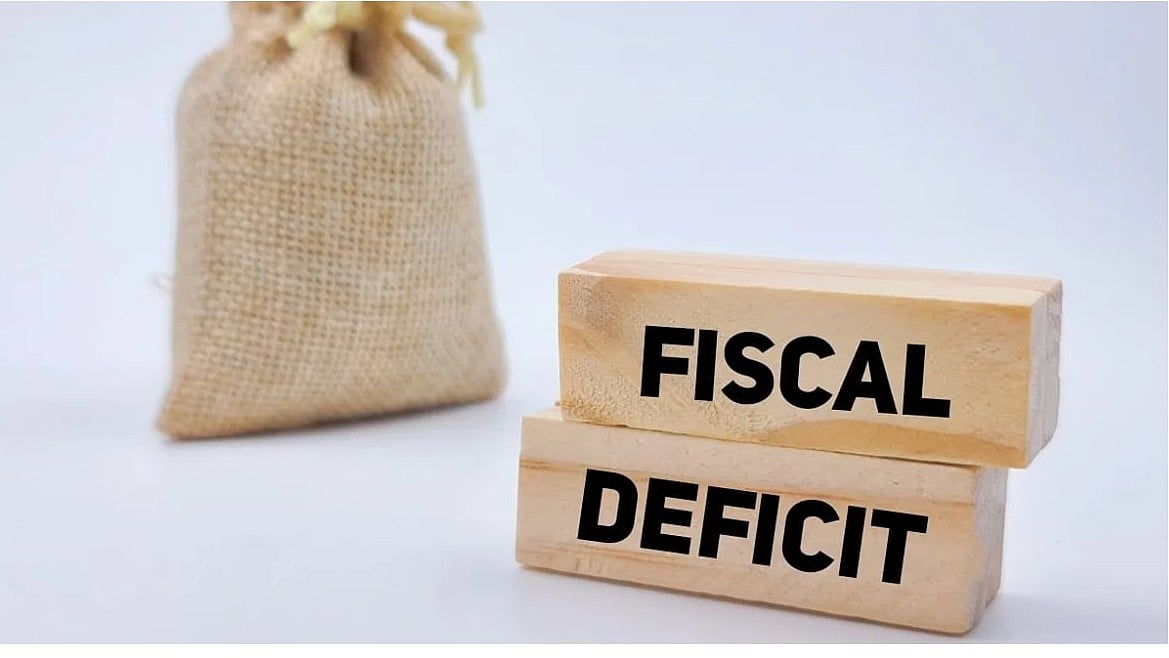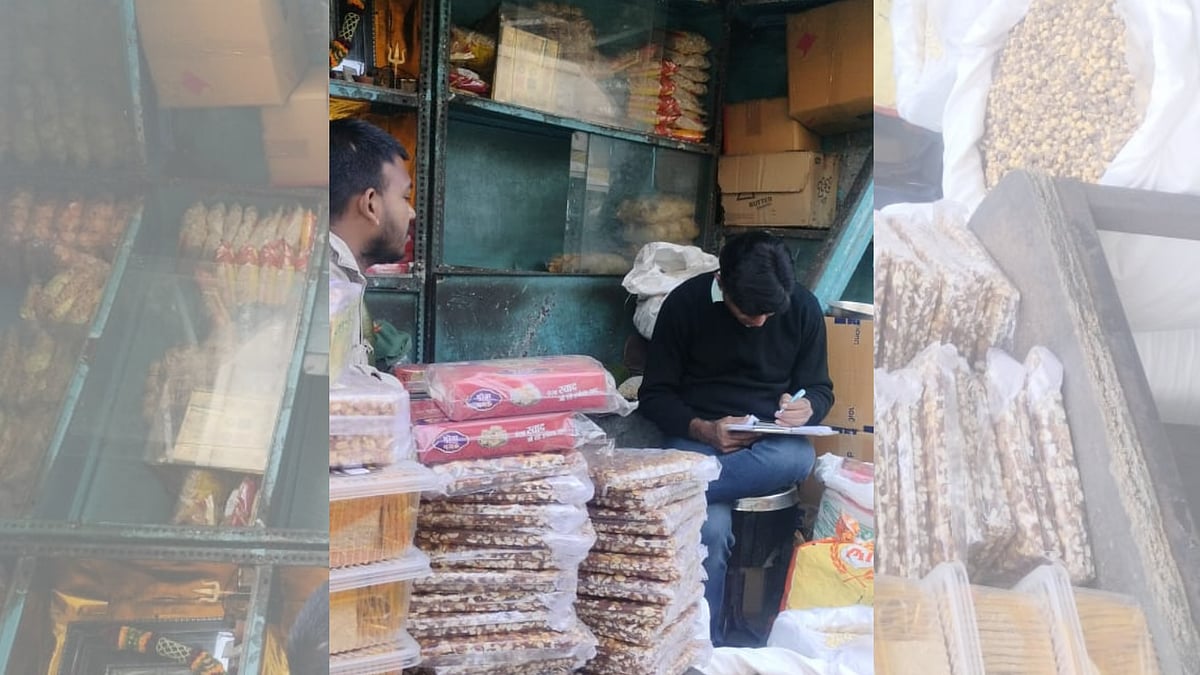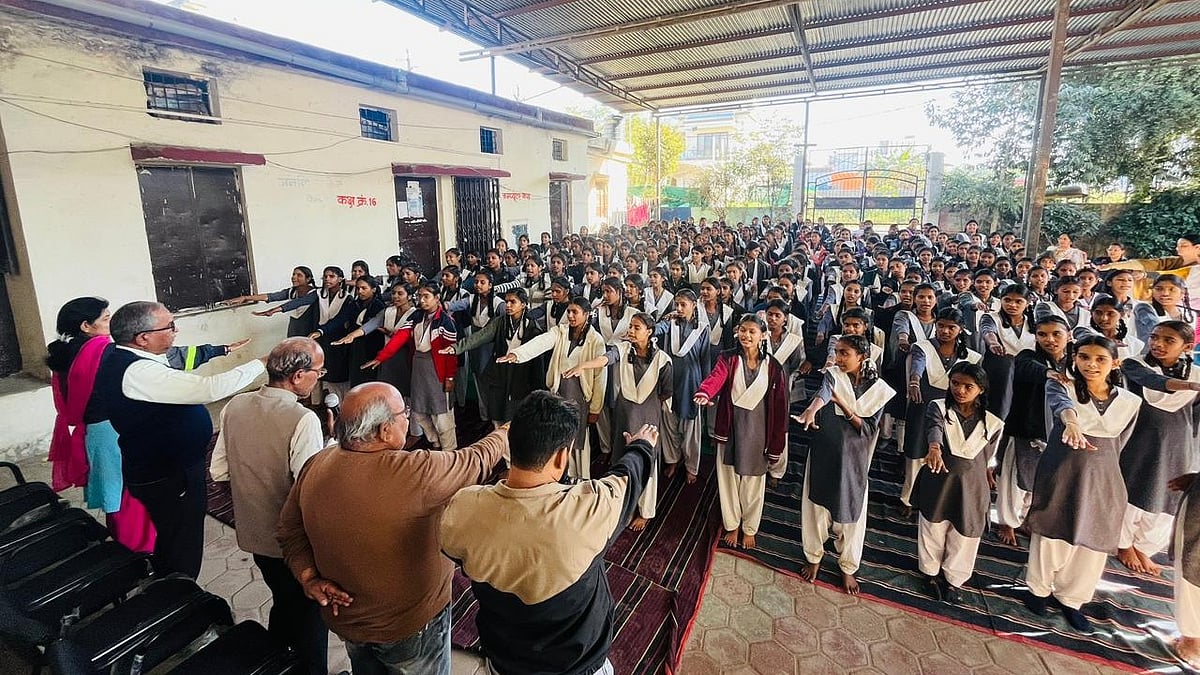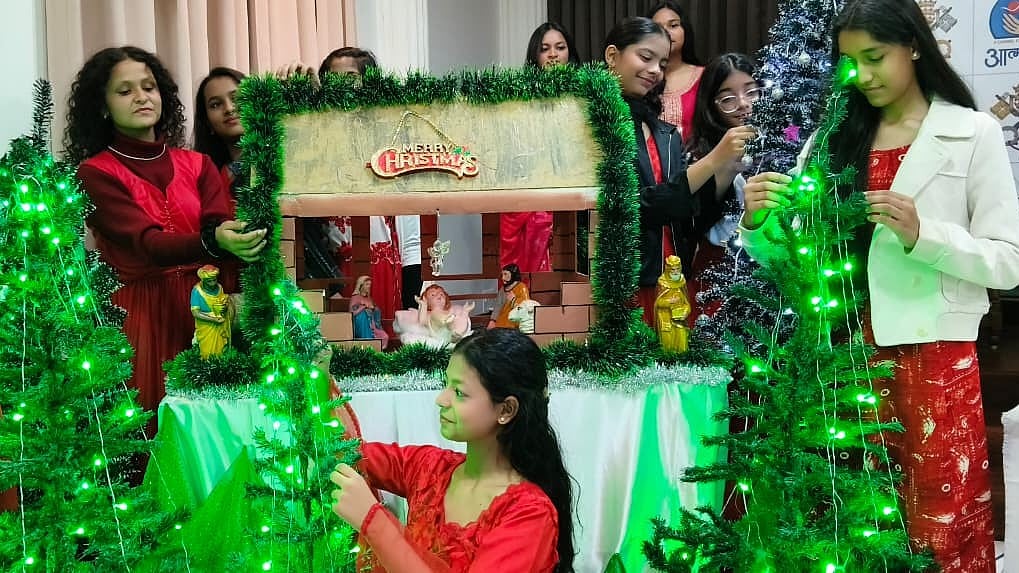Indore: Our joint family system, which plays a major role in nurturing and conserving our cultural values has given us one more reason to celebrate the institution.
A study by the Indian Institute of Management Indore found that joint family perceives low stress level of Covid-19 pandemic, the biggest crisis the world has seen so far.
“The findings suggest that a cohesive and joint family where grandparents and grandchildren stay under one roof have the least stress,” reveals the study conducted jointly by IIM Indore assistant professor Jatin Pandey and chief administrative officer Col (retd) Gururaj Pamidi.
The duo conducted the research to gain interesting insights into stress in Indian families during Covid-19 crisis and subsequent lockdown.
For those respondents, whose parents stay with them, it was found that the age of the parent was negatively corelated with the perceived stress of respondent.
“It was also found that those families that enjoyed group activities and shared emotions like laughing together had a negative correlation with perceived stress levels. This further reinforces the belief as to how the social unit of the Indian family is resistant to many adversities,” said Pamidi.
Findings show that the age of children is negatively correlated with perceived stress felt by the parent. In other words, older the child lesser the stress. “This may be since infants are particularly vulnerable to coronavirus and this may be weighing on the minds of the young parents,” Pandey said.
The study also assessed cohesiveness in marriages of respondents to derive valuable findings about Indian families. It was found that marriage cohesiveness was negatively correlated with perceived stress values but had no relation with age of the respondents. The mean cohesiveness value was 4.4 out of a maximum of 6 and the mean value was not statistically different between males and females.
This indicates high cohesiveness in Indian marriages across gender and age profiles.
“A strange finding was that there existed significant difference in mean cohesiveness as reported by people with children and those without. People with no children had a mean score of 4.7 when compared with people with children who had mean score of 4.4,” Pandey said.
“This cohesiveness was however negatively correlated with age of their children,” he added.
Interestingly, there also exist a negative correlation between number of children and perceived stress of parent. “This may be due to the fact single child parents appear to be more stressed than parents with two or more children,” said Pamidi.
